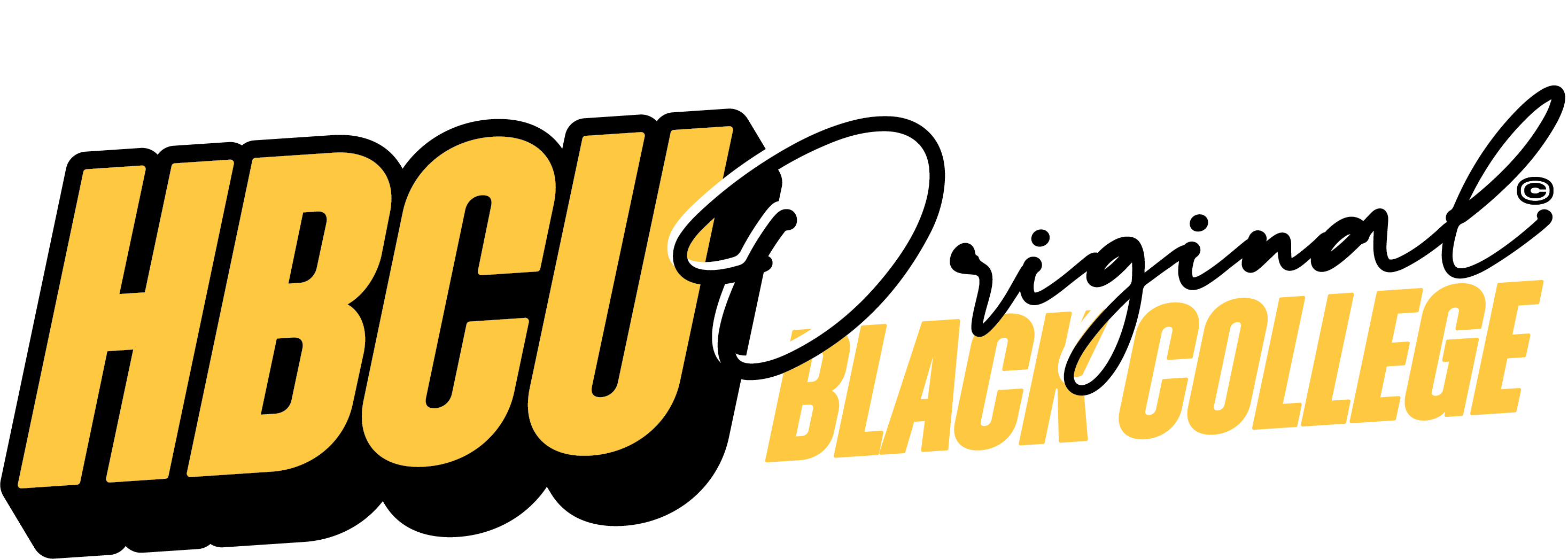HBCU ORIGINAL
Exploring Excellence: A Journey Through Bowie State University’s Historic Campus
HBCU Original, we are honored to celebrate and amplify the rich history and vibrant culture of Bowie State University
Events
Virginia State University Named Sole HBCU in 2025 NASA Lunabotics Challenge
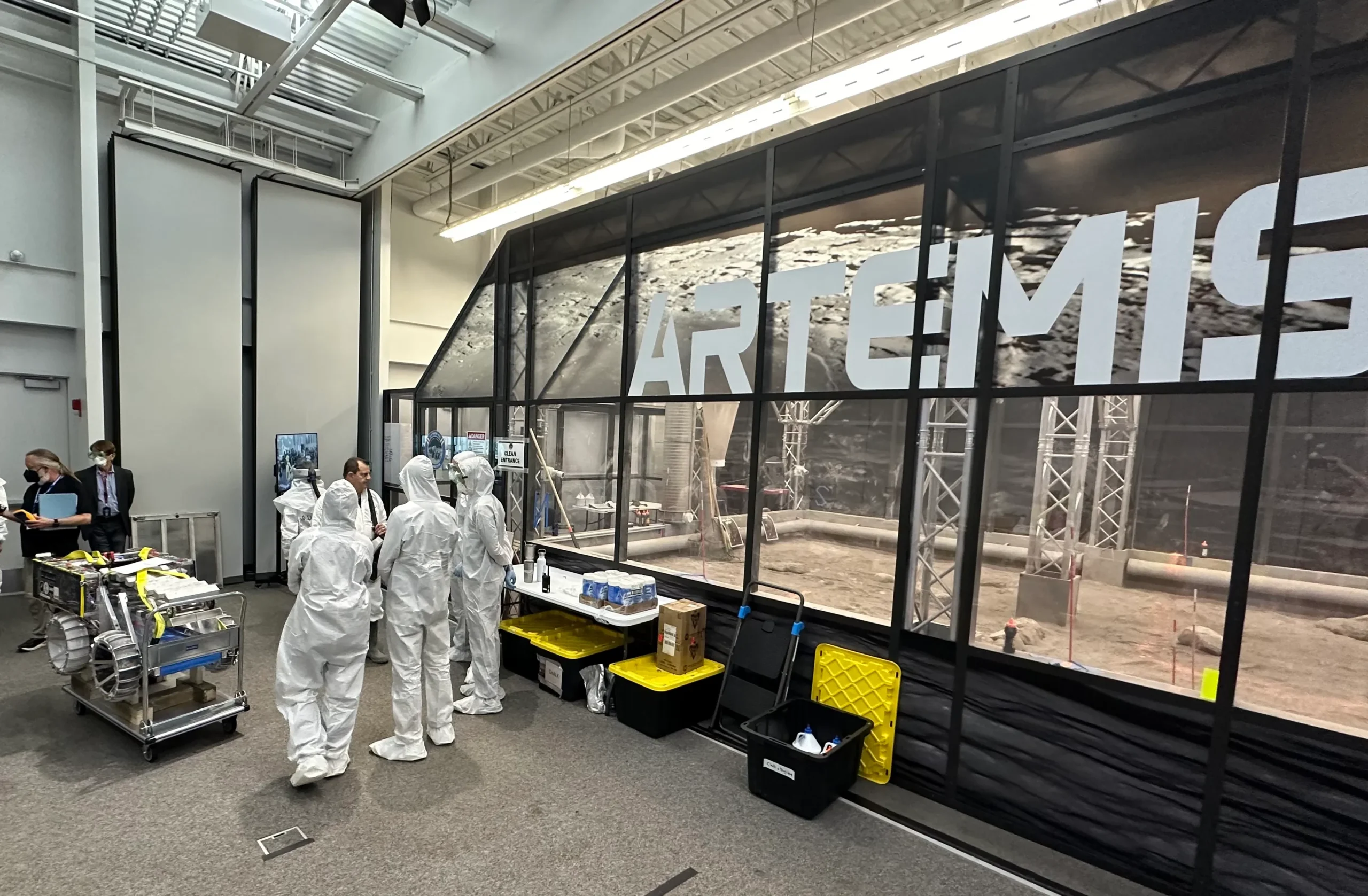
Virginia State University proudly celebrates its Lunabotics Team from the College of Engineering and Technology for being the only Historically Black College or University (HBCU) selected to compete in the 2025 NASA Lunabotics Challenge.
From May 20–22, the VSU Lunabotics Team traveled to the Kennedy Space Center in Florida to participate in the prestigious national competition, which challenges university students to design, build, and operate robotic systems capable of performing tasks on simulated lunar terrain.
The Lunabotics Challenge is a rigorous, two-semester systems engineering competition hosted by NASA that immerses students in real-world applications of robotics, space exploration, and systems design.
“The team’s perseverance and collaborative spirit throughout this demanding challenge truly demonstrate their readiness for real-world engineering,” said Dr. Nasser Ghariban, Chair of the Department of Engineering and Faculty Advisor to the Lunabotics Team. “This hands-on experience with NASA provided invaluable technical and professional development for their future careers.”
The VSU team, comprised of 15 students from Computer Engineering, Computer Science, Manufacturing Engineering, and Mechanical Engineering Technology, successfully designed and built a high-functioning robot that completed all the required competition tasks with precision and innovation.
Dr. Dawit Haile, Dean of the College of Engineering and Technology, added, “The exceptional performance of our Lunabotics team showcases their innovation, dedication, and technical excellence. Being the only HBCU represented in this competition highlights Virginia State University’s unwavering commitment to STEM leadership and student success.”
VSU congratulates these talented students for their outstanding achievement and for representing HBCUs nationwide on a national stage. Their efforts reflect the University’s mission to empower students with transformative learning experiences in engineering and computer science.
HBCU ORIGINAL
Coppin State’s Reagan Rivera & Daniel Moore Named to 2024 HBCU Swingman Classic Roster

ATLANTA, Ga. – Coppin State standouts Reagan Rivera and Daniel Moore have been selected to compete in the Third Annual HBCU Swingman Classic, presented by T-Mobile and powered by the MLB-MLBPA Youth Development Foundation. Major League Baseball announced their participation last week, with both players earning spots on the National League roster for the prestigious showcase.
The game, which highlights 50 of the top HBCU baseball players poised for professional careers, will be held on Friday, July 11 at Truist Park in Atlanta during MLB All-Star Week. Baseball legends Brian Jordan and David Justice, both former Atlanta Braves stars, will manage the National League and American League squads, respectively.
Rivera, a right-handed pitcher from San Diego, Calif., earned Second Team All-Northeast Conference honors after posting a 5-4 record with a 4.91 ERA. He struck out a school-record 97 batters over 80.2 innings, including 10 games with seven or more strikeouts. His season highlights featured 11 strikeouts vs. Le Moyne and 10 Ks in just five innings against VMI.
Moore, an infielder from Benton Harbor, Mich., led the Eagles with a .330 batting average, tallying 12 doubles, 36 RBI, and two home runs. He recorded 13 multi-hit games, including four four-hit performances, and led the team with eight multi-RBI games.
HBCU ORIGINAL
💸 Over 80% of Americans Have No Emergency Savings — Let’s Talk About It

When life throws you a curveball—a medical bill, a car breakdown, or even a job layoff—how ready are you?
According to recent financial studies, over 80% of Americans have no emergency savings at all, and most don’t even have $5,000 saved for unexpected expenses. That means millions of people are one crisis away from serious financial trouble. It’s a quiet crisis, but one that affects everyday folks, especially young adults and college students.
At HBCU Original, we believe in keeping it real—and real talk means getting serious about your money.
💡 Why Emergency Savings Matter
Emergency savings are your financial safety net. They help you avoid high-interest credit card debt, loans, or having to ask others for help when a financial emergency strikes. Whether it’s a surprise hospital visit, a missed paycheck, or emergency travel—having money stashed away gives you peace of mind and control.
🎓 If You’re in College, Start Now
College students, this message is especially for you. Between tuition, books, and late-night food runs, it might feel impossible to save—but this is the perfect time to build the habit.
You don’t need to start with $1,000. Start with $10.
Open a separate savings account.
Put something in there every week.
By the time you graduate, you’ll have not only money saved, but the discipline and mindset that will carry you forward in life.
🗣️ Let’s Be Honest… How Much Do You Have Saved?
This isn’t about shaming—it’s about growing. We’re starting the conversation because change starts with awareness.
So how much do you have saved for an emergency?
Comment on our latest video, share your savings goals, or DM us your plan. Let’s hold each other accountable and normalize saving—even in a system that doesn’t always teach us how.
✊🏽 Culture. Community. Confidence.
At HBCU Original, we believe that financial wellness is part of Black excellence. We’re here to uplift, inform, and grow together. Whether you’re in college, recently graduated, or building your empire—start saving, stay consistent, and stay empowered.
—
🔗 Follow us on social
YouTube | Instagram | Facebook | TikTok
📧 Join our newsletter at www.hbcuoriginal.com for tips, resources, and giveaways!
#EmergencyFund #HBCUOriginal #StartSaving #CollegeTips #FinancialFreedom #BlackExcellence #BudgetWisely #SaveSmart #RealTalk
HBCU ORIGINAL
Former HBCU Star Steve Settle III Signs NBA Deal with Miami Heat
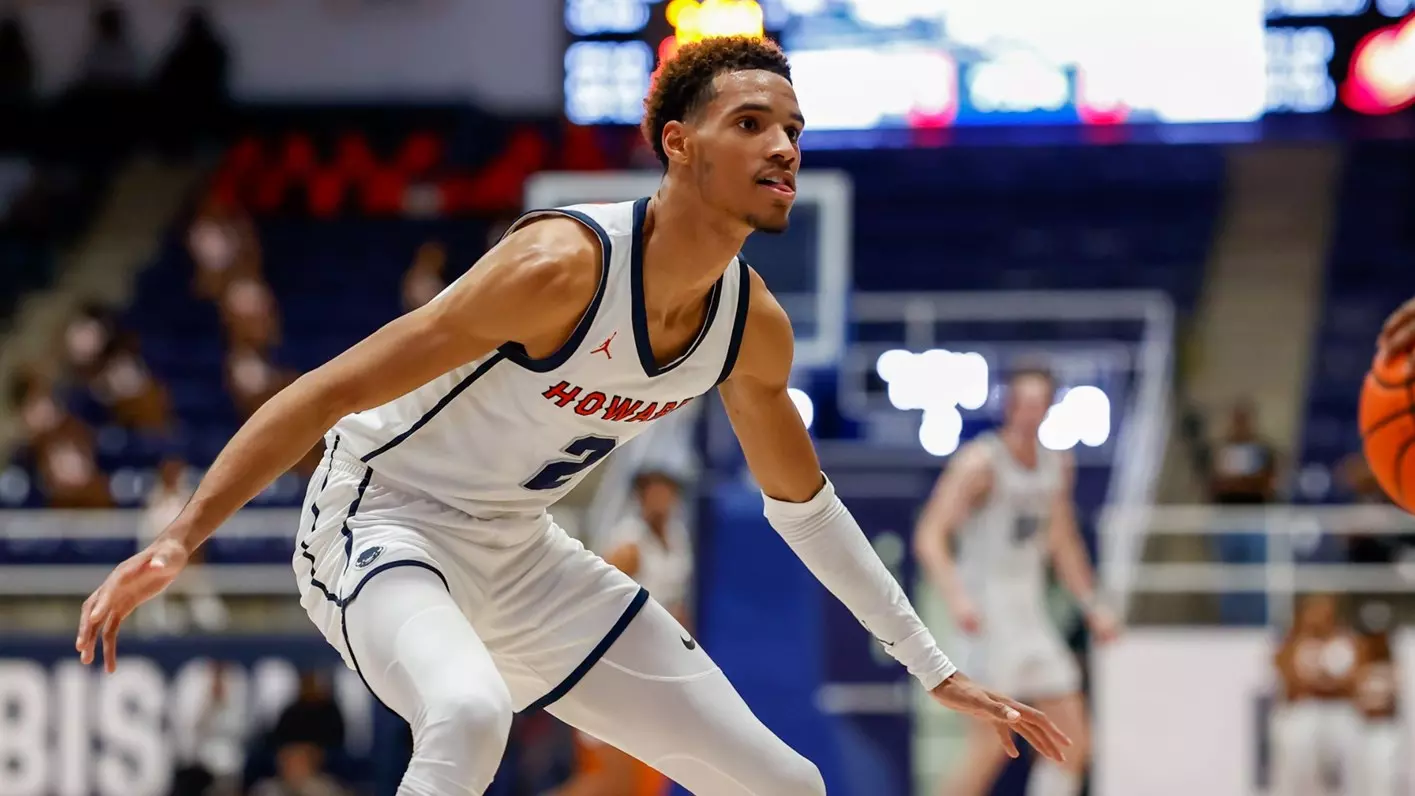
Steve Settle III, a former standout at Howard University, has agreed to an Exhibit 10 contract with the Miami Heat following the 2025 NBA Draft, according to DraftExpress’ Jon Chepkevich.
Settle, a 6-foot-11 forward from Glenarden, Maryland, will report to the Heat’s summer training camp with the opportunity to earn a roster spot or a two-way contract. The Exhibit 10 deal also includes the possibility of a bonus if Settle spends time with the team’s G League affiliate.
Settle launched his college career at Howard University, where he became a cornerstone of the program. During the 2022–23 season, he started all 32 games, averaging 11.1 points and leading the team in rebounding with 5.7 boards per game. His contributions helped power the Bison to both the MEAC regular season and tournament championships, earning him All-MEAC Second Team honors.
Following his time at Howard, Settle transferred to Temple University to finish out his collegiate eligibility. With the Owls, he elevated his game, averaging 12.6 points, 6.2 rebounds, 1.7 assists, 1.0 blocks, and 1.0 steals per contest in the 2024–25 season. He also demonstrated a reliable perimeter shot, knocking down 41.6% of his attempts from three-point range. His size, versatility, and ability to space the floor made him a compelling prospect for NBA scouts.
What Is an Exhibit 10 Contract?
An Exhibit 10 contract is a one-year, non-guaranteed NBA deal that allows teams to convert it into a two-way contract. If a player is waived and later joins the team’s G League affiliate for at least 60 days, they can earn a bonus of up to $75,000. It’s a flexible path for players like Settle to prove their value during training camp and beyond.
What’s Next for Settle?
Settle will join the Miami Heat’s Summer League roster, giving him a national stage to display his skills against top-tier talent. His journey—from an HBCU to the American Athletic Conference and now the NBA—reflects the growing recognition of HBCU athletes and their readiness for the professional level.
For Settle, this is more than just a contract—it’s a testament to his growth and determination, and a beacon of hope for HBCU players aspiring to reach the league.
Story by Kyle T. Mosley | Originally published June 28, 2025 | © HBCU Legends via Sports Illustrated
Images courtesy of Imagn Content Services
HBCU ORIGINAL
Detroit Pistons Add HBCU Standout TJ Madlock to Summer League Roster
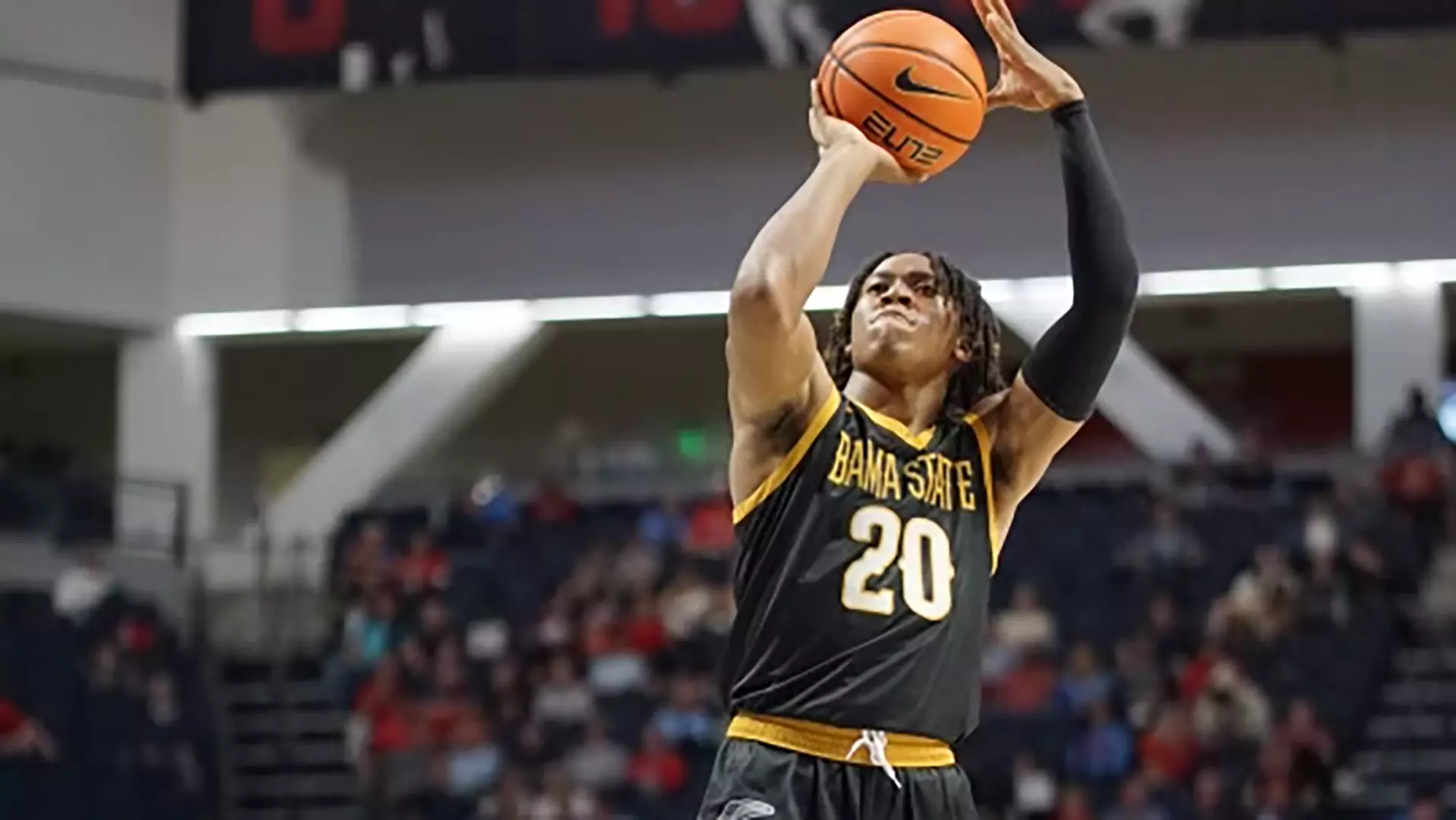
The Detroit Pistons have added a rising HBCU talent to their Summer League lineup with the signing of guard TJ Madlock, following the 2025 NBA Draft.
Madlock, a standout from Alabama State and son of head coach Tony Madlock, brings a solid résumé to the Pistons’ Summer League squad. He started all 32 games during the 2024–25 season, averaging 13.6 points, 4.9 rebounds, and 2.3 assists. His efforts helped lead the Hornets to their first SWAC Tournament appearance since 2019.
Known for his consistency, Madlock reached double figures in 28 games, including a standout 30-point performance on the road against Prairie View A&M. His blend of scoring, rebounding, and facilitating made him a go-to leader in his senior campaign.
Madlock’s college journey began at South Carolina State, where he made an immediate impact as a freshman with averages of 12.7 points, 5.6 rebounds, and 3.2 assists. After transferring to Alabama State, he earned SWAC Newcomer of the Year honors during his sophomore season, averaging 11.2 points and 6.1 rebounds per game.
With three years of HBCU hoops under his belt, Madlock has showcased a versatile skill set that includes scoring, defending, and creating for others. His addition to Detroit’s Summer League roster represents the continued growth of HBCU athletes in the professional basketball pipeline.
As NBA franchises increasingly tap into HBCU programs for talent, Madlock’s opportunity with the Pistons marks another step forward. The Summer League will give him a national stage to prove that players from historically Black colleges belong in the NBA conversation.
For HBCU supporters, Madlock’s presence on the Pistons’ Summer League team is a moment of pride and progress—a signal that the legacy of HBCU basketball is alive and thriving.
Originally published by Steven J. Gaither for HBCU Gameday. © HBCU Gameday 2012–2025. Read more at: Sacramento Bee
-
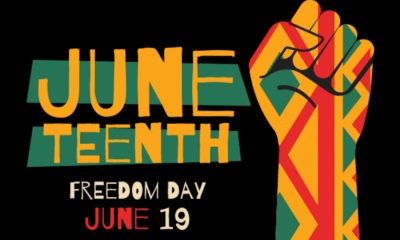
 Events3 weeks ago
Events3 weeks ago🖤 What is Juneteenth? Celebrating Black Freedom & Culture
-

 HBCU ORIGINAL4 weeks ago
HBCU ORIGINAL4 weeks agoFlorida A&M’s Kirk Dawkins Set to Compete at NCAA Division I Outdoor Championships
-

 HBCU ORIGINAL3 weeks ago
HBCU ORIGINAL3 weeks agoHBCU Stars Shine in Eugene at NCAA 2025
-

 Events4 weeks ago
Events4 weeks agoUnder Armour Celebrates Maryland HBCUs with “Sisterhood in Style” Sneaker Campaign
-

 Sports4 weeks ago
Sports4 weeks agoCOCO GAUFF CLAIMS FRENCH OPEN TITLE WITH THRILLING COMEBACK WIN
-

 Events3 weeks ago
Events3 weeks agoJadakiss Takes Philly by Storm for Elevation Project’s 10th Anniversary Nice Guy Festival
-
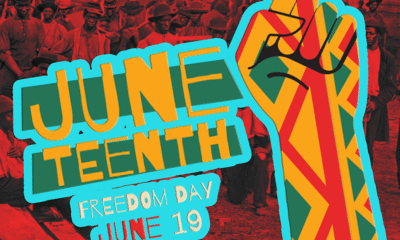
 Events3 weeks ago
Events3 weeks agoBreakdown: 26 Cities with Major Juneteenth Celebrations
-
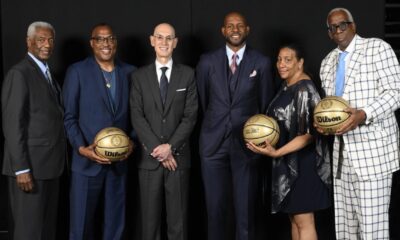
 Events2 weeks ago
Events2 weeks agoHBCU Basketball Pioneers Honored During 2025 NBA Draft
